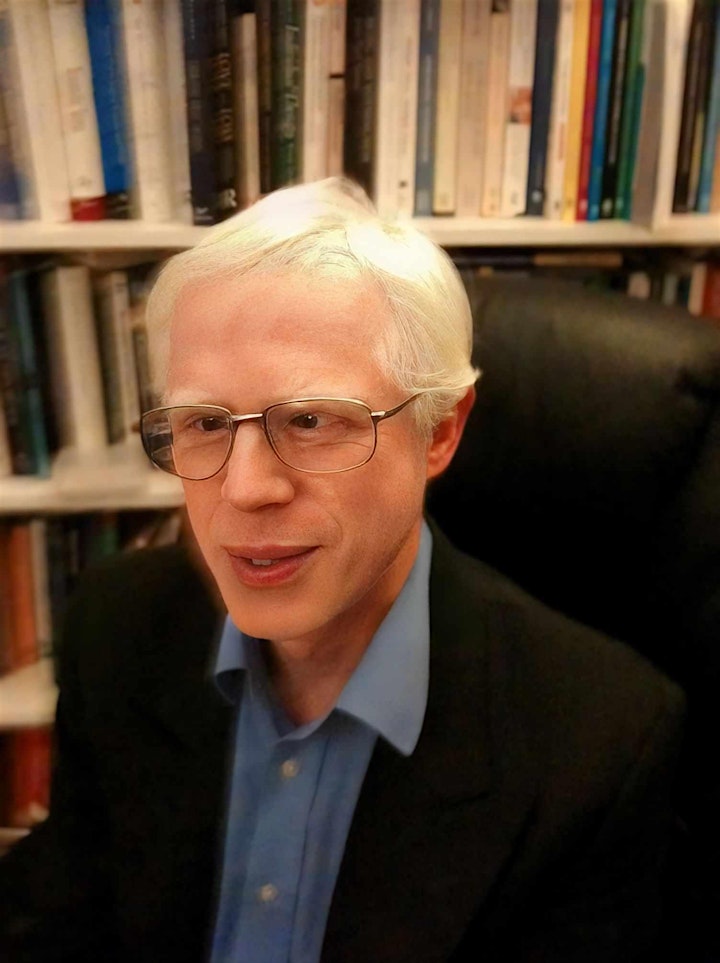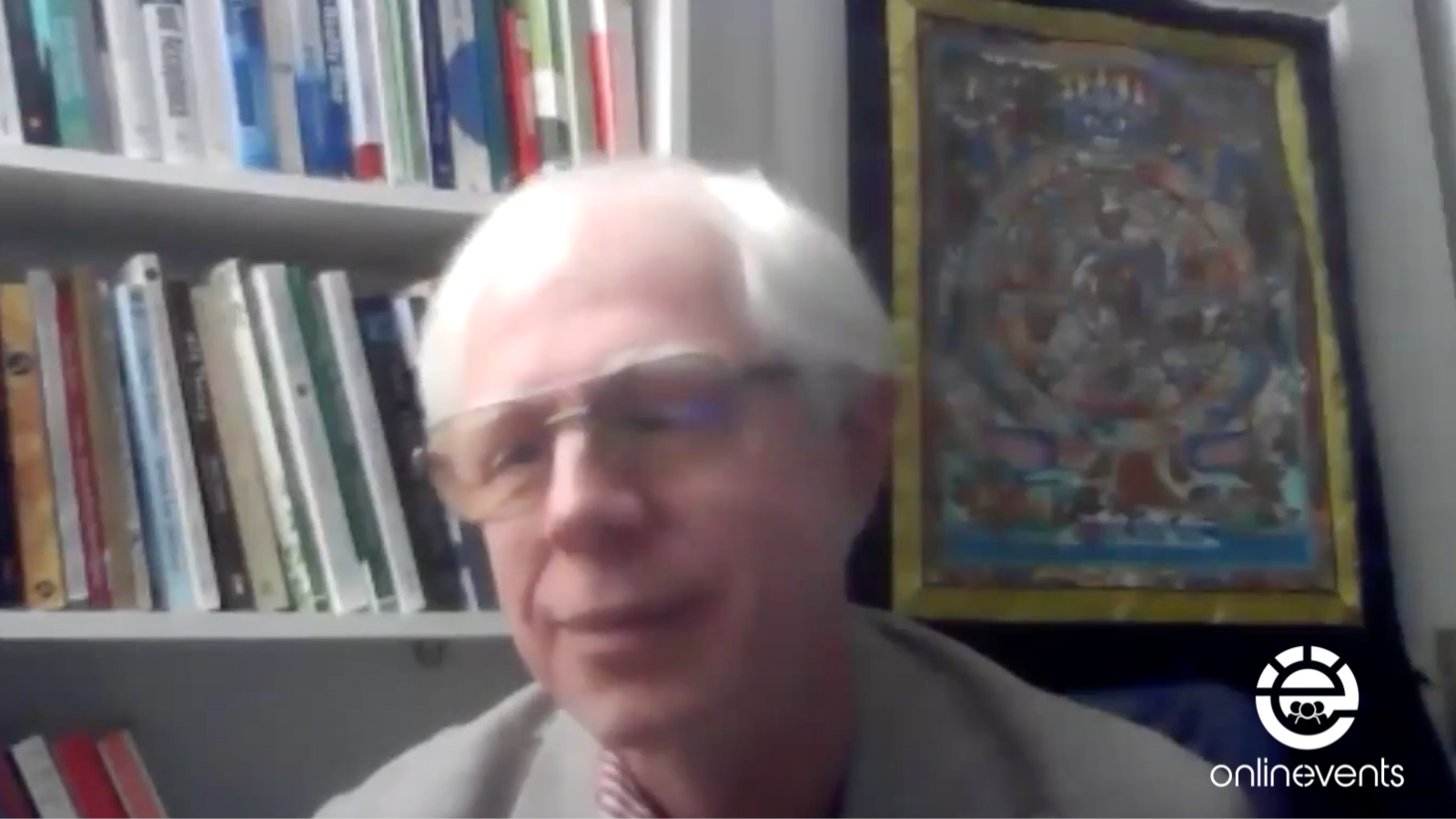Beginner’s mind is a term from Zen Buddhism and refers to the fresh, open, natural, curious mind, uncluttered by preconceived ideas and opinions.
The aim of this online workshop is to explore the idea of beginner’s mind and its relevance in a therapeutic context.
Given the existence of many schools of counselling and psychotherapy, each with its approach to understanding and working with the phenomena of the mind, emotions and behaviour, it may seem strange to consider a role for beginner’s mind in the therapeutic encounter without consciously considering theory. However, by putting theory to one side or leaving it in the background when actually in the room with clients, therapists may in fact be more present for clients, actively listening to what clients say and how they say it, and noticing non-verbal cues and being more aware of whatever is happening within themselves.
In this workshop we shall consider the correspondence between a beginner’s mind attitude and ideas from a range of models of counselling and psychotherapy and how this may be applied in the work as therapists.
The workshop will include theoretical input from the facilitator, experiential exercises and a question and answer session.
Learning Objective Participants Can Expect From This Event
- To identify a beginner’s mind attitude and key features of it
- To recognise the relevance of a beginner’s mind attitude to psychotherapy
- To see how a beginner’s mind manifests or can be applied in different psychotherapeutic approaches
Who is This Workshop Appropriate For?
- Counsellors, psychotherapists, psychologists and those with an interest in this area
How May This Workshop Impact Your Practice?
- By identifying what a beginner’s mind attitude is and how it links to existing therapeutic approaches, participants could cultivate a beginner’s mind attitude in themselves and apply it in their therapeutic practice.
Course Content
Presenter

Charles Gordon-Graham is an integrative counsellor, psychotherapist and supervisor, and teaches on counselling courses which he has developed, and he runs online workshops.
He is also an author whose writings have appeared in psychotherapy journals and elsewhere. His articles Time in Our Lives and Beginner’s Mind and some book reviews have appeared in Therapy Today. His article To Have a Self Or To Be a Non-Self: ‘Having’ and ‘Being’ Modes in Relation to Existential and Buddhist Understanding have appeared in Existential Analysis, and he wrote an article on crazy wisdom that appeared in Hermeneutic Circular.
Elsewhere he has written about cataclysmic variable stars (astronomy), about the music composer Jean Sibelius and the Bengali poet Rabindranath Tagore (about whom he has also spoken on a radio station in Luxembourg). He is currently working on a book bringing together various themes in psychotherapy and philosophy.
Fascinated by the Universe around us and the Universe within, he has interests in various fields of art and science. Moreover, he has lived in three other countries and has travelled widely in Europe, Asia and the Americas, all of which has greatly enriched his life experience. He is thus able to draw from an extensive experience in his therapy, supervision and teaching work, workshops and writing.


